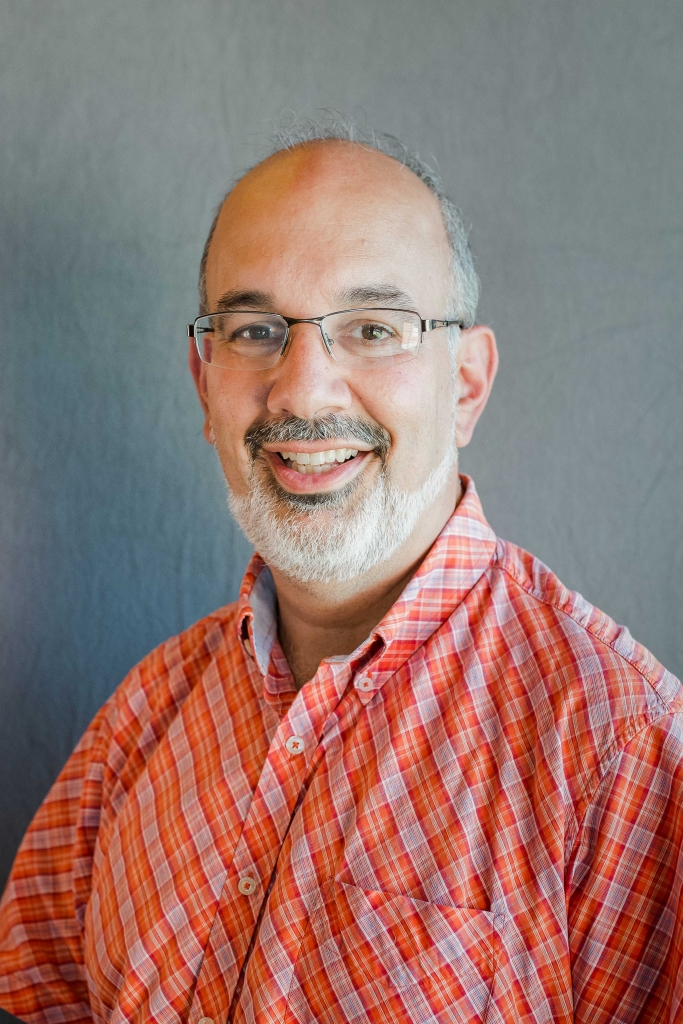Dr. Anthony LoPresti
Professor, Religious and Theological Studies
Contact Information:
Education:
Research Interests:
I am very interested in moral formation and decision making, and how culture influences the ways we perceive what is considered "normal," problematic or upright behavior. In my early career I researched the ways consumer society affects our values, our criteria for success and our notion of what constitutes "the good life." Around the turn of the century I began to study the ways in which systemic racism and white privilege have been operative in American history and continue to infiltrate individual lives and social structures. More recently, driven by many years of teaching emerging adults, I have examined relationships of friendship and love, with a particular interest in the explanatory power of attachment theory. Hovering over these academic pursuits is a close attentiveness to the scholarship of teaching and learning. How do students learn best? What do they need to know, what values and skills do they need to develop in order to function well in 21st century society? What kinds of curricula and pedagogies are most effective? And how can we assess the long-term impact of what we teach? Questions such as these are regularly part of my research agenda.
Personal Statement:
When I was in college, it took me a long time to decide on a major. I ultimately chose mathematics and had a vague notion that I would find a job in the business world somewhere, but it took me a while to find my true calling. Initially I took the business route, hired by IBM as a marketing representative, where I found considerable success and enjoyment through seven years in the field. But my liberal arts education and spiritual sensibilities left me searching for something more in life, a way to find greater personal fulfillment and to contribute more meaningfully to the good of society. Experience as a "big brother" to some inner-city kids eventually led me to a full-time volunteer commitment at Covenant House, a crisis center for street kids in the Times Square area of New York City which, at the time, was filled with homeless people, drug dealers, individuals working in the sex industry, and street-smart kids trying to survive in harsh and dangerous conditions. My experience over the next 21 months was transformative on many levels, so much so that I found it very difficult to return to my IBM duties as if I were the same person who had left for New York. Within a year I resigned from IBM and enrolled in graduate studies at Boston College, where I eventually received an M.A. in theology and a Ph.D. in theological ethics. I initially focused on social justice issues, but over time I also became very interested in sexual ethics, marriage and family life, and biomedical ethics. While student interest in religion has waned over the years, I have found that looking through a Christian lens remains helpful in discerning the goods that are worth pursuing and the kind of people we might strive to become. Those of us who work in theological ethics also read extensively from other disciplines and I have found that an interdisciplinary approach has been indispensable to both my grasp of the human situation and my methods of teaching. My greatest professional satisfaction comes from helping students develop a clearer understanding of their identity, tendencies and aspirations as they navigate a technologically-infused culture that presents both perils and opportunities.
